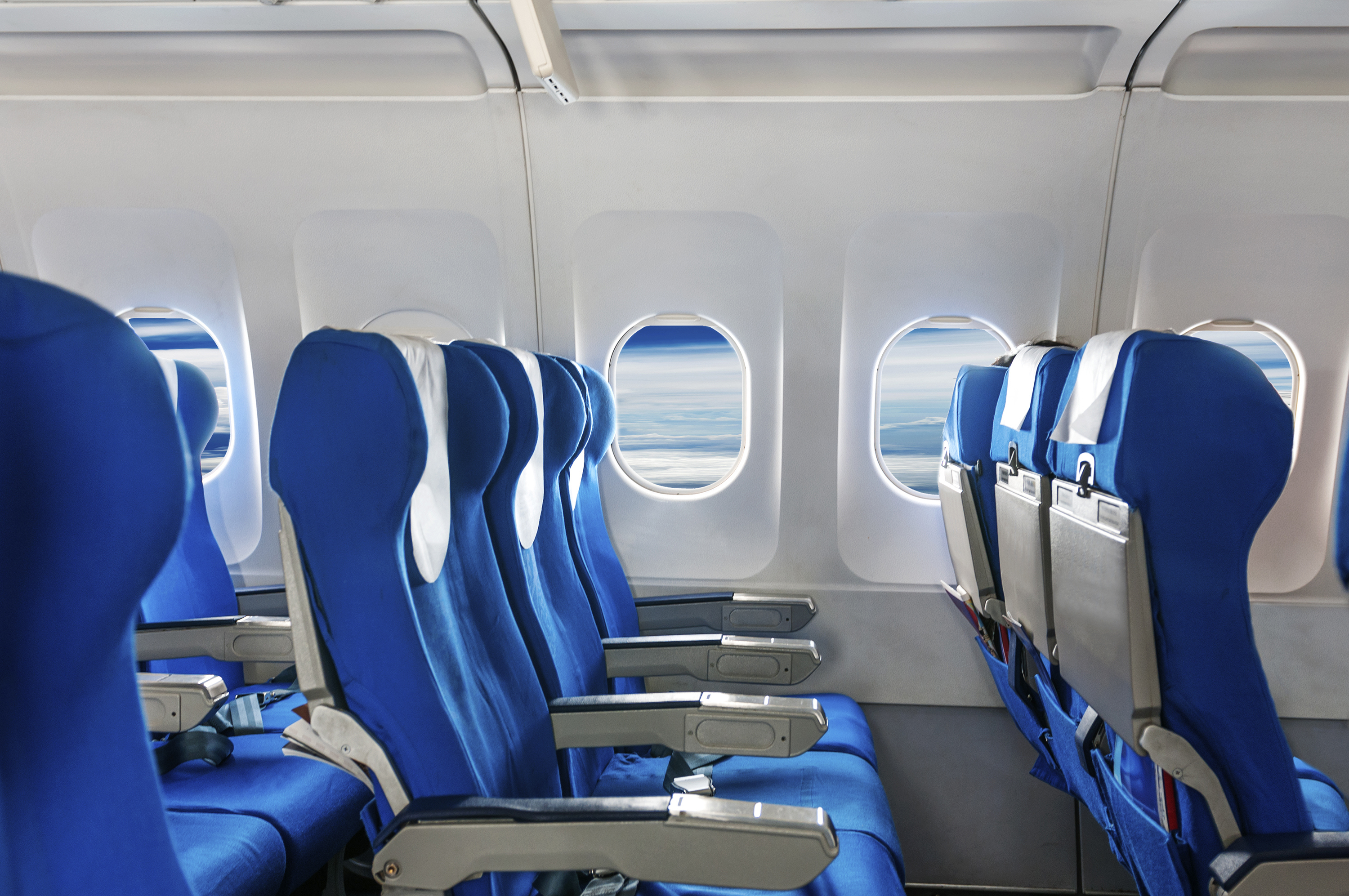Toxic air legal cases rise
Unite revealed today (March 15) that it was pursuing legal action against a number of UK airlines on behalf of 61 cabin crew after they were exposed to â€toxic cabin air’ while working on board aircraft.
The news of the individual legal cases comes ahead of Thursday’s (March 17) Westminster Hall debate in the House of Commons on cabin air safety and aerotoxic syndrome, which was secured by Jonathan Reynolds MP.
Concern has been mounting over â€fume events’ and exposure to contaminated cabin air, with the number of legal cases being pursued by Unite increasing from 17 to 61 in recent months amid calls by the union for an independent inquiry.
Unite is also supporting the family of Matthew Bass, a Unite member, who had a 15 year career as cabin crew before his sudden death in January 2014. Matthew was found to have died from â€chronic exposure to organophosphates.’
In most modern aircraft unfiltered â€bleed air’ from jet engines is used to supply the cabin, but faults with engine seals and seepage can lead to contaminated fumes containing toxins such organophosphates entering the cabin air. Such instances are known as â€fume events’.
As UNITElive has reported before, both long and short-term exposure to contaminated air can lead to what is known as aerotoxic syndrome which affects the peripheral central nervous system and the brain. Symptoms include migraines, fatigue, difficulty thinking, numbness, aches and pains, breathing problems and digestive problems.
In more serious cases, aerotoxic syndrome is suspected to have caused the death of both pilots and cabin crew.
“The issue of toxic cabin air is so serious that our cabin crew members are likening it to the impact of asbestos in the building industry,” said Unite executive director for legal affairs Howard Beckett.
“Increasing numbers of our members have come forward, seeking help and advice since we set up our toxic air helpline a few months ago. Some have been involved in one-off â€fume events’ while others fear they have suffered long-term exposure to contaminated cabin air,” he added.
“This is a health issue which the airline industry has been aware of for some time and one which they need to address as a matter of urgency. Continuing to brush it under the carpet will not wash, which is why this parliamentary debate is so important and a fuller public inquiry is needed.
“Unite believes in a safety first approach and is also calling on airlines to monitor cabin air quality and for aircraft manufacturers to fit detectors and filters and â€design out’ the use of bleed air, therefore reducing the risk of fume events,” Beckett went on to say.
“We will not have passengers and our members put at risk and will not rest until the industry acts to eliminate the risk of aerotoxicity and justice is achieved for those whose lives have been blighted by contaminated cabin air.”
Jonathan Reynolds MP for Stalybridge and Hyde echoed the call for action on aerotoxic syndrome.
“In the twenty first century, people deserve to know the air they breathe at work is clean and safe,” he said. “Bleed air contamination happens more often than the industry acknowledges, and aerotoxic syndrome can kill.
“For the sake of both passengers and cabin crew, we need to take decisive action to prevent these leaks and understand the dangers to human health.”
Unite is urging cabin crew and the public to get in contact, if they have been involved in a â€fume event’ or believe they may be suffering from aerotoxic syndrome via the union’s free helpline on 03330 146 569.
 Like
Like Follow
Follow
